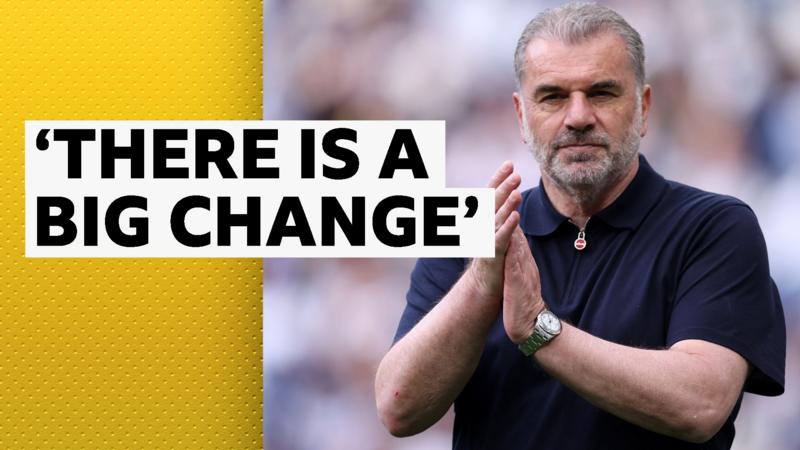Can Forest Players Thrive Under Postecoglou's Leadership?



As Nottingham Forest ushers in a new phase with Ange Postecoglou at the helm, the players are on the brink of experiencing a transformation in their playing style. The new manager, renowned for his distinctive tactical approach to football, inherits a team with a rich history and expectations that are sky-high. This article delves into what the Forest players need to adapt and flourish under Postecoglou’s guidance.
Ange Postecoglou's appointment signals a clear intent of ambition from Nottingham Forest, aspiring not merely to secure their Premier League status but to carve out a reputation as an exciting, forward-thinking team. Postecoglou has carved out a stellar reputation in his previous managerial roles, most notably with Yokohama F. Marinos in Japan and Celtic in Scotland, where he implemented a fluid, attacking style of play that not only entertained but also garnered results.
His philosophy is grounded on aggressive pressing, quick transitions, and maintaining high defensive lines— a stark contrast to more conservative, pragmatic approaches often seen in teams battling relegation fears. Postecoglou promotes a brand of football that prioritizes ball retention and progressive, purposeful movement. This could mean a significant change at the City Ground, especially for a squad previously drilled under different tactical regimes.
For the players, the biggest challenge will lie in adjusting to these high-energy demands. Postecoglou’s style requires players to exhibit high levels of fitness and adaptability. They will need to be quick in their decision-making, capable of keeping the ball under pressure, and relentlessly press opponents when not in possession. It’s a system that thrives on dynamism and stamina.
To play under Postecoglou, the Forest squad will need to embrace a more disciplined approach in their positional play. Full-backs will be expected to act as wing-backs, constantly bombing forward to provide width, while central midfielders must be agile, able to switch play effectively and cover large areas of the pitch. The forwards will be required not only to score but also to drop back, engage in build-up play, and execute the first line of defensive pressure.
The transition might be particularly challenging for the senior players at Nottingham Forest. Adapting to such a high-intensity style late in one's career can be challenging, and it will be interesting to see how Postecoglou manages this blend of youth and experience. However, his track record suggests he can inspire players to buy into his system, cultivating a united team ethos that transcends age and previous experience.
Moreover, Postecoglou’s successful stints in Australia, Japan, and Scotland have demonstrated his ability to develop young talent. At Celtic, he significantly lowered the average age of the starting squad and led them to a league title, proving that his methods work even when the team is in a rebuilding phase. Nottingham Forest’s academy, known for nurturing young talents like Joe Worrall and Alex Mighten, could greatly benefit from such an approach.
As for the fans, there’s a palpable excitement around the City Ground. Known for their passionate support, they will likely relish watching a style of football that is both effective and aesthetically pleasing. The Forest faithful will be eager to see how Postecoglou translates his vision onto the Premier League stage — a league known for its ruthless competitiveness but also its embrace of innovative approaches to the game.
Adapting to Postecoglou’s tactics won’t be a walk in the park, and it will certainly take time for the players to fully assimilate his ideas. Nevertheless, the groundwork lays for an exhilarating chapter in Nottingham Forest's history. With a manager of such calibre at the helm, the future at the City Ground looks not just promising, but also exciting as the team embarks on this new journey under Ange Postecoglou’s leadership.